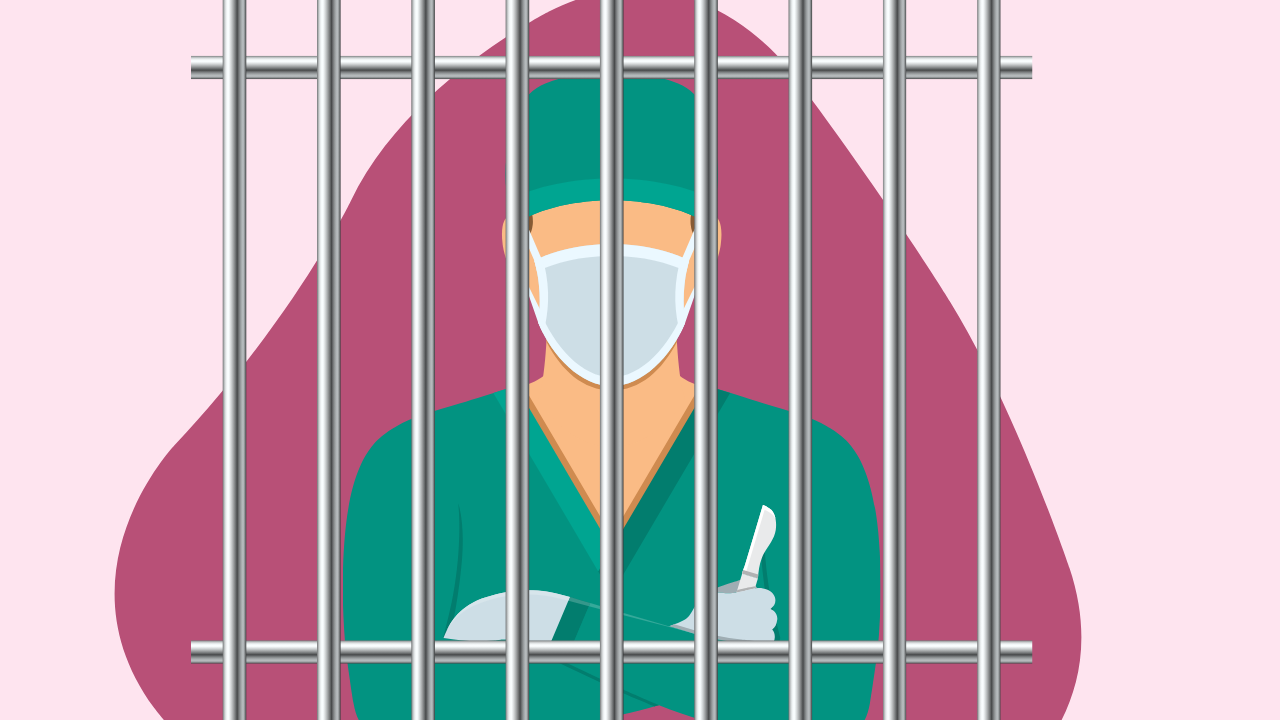Wanda Sykes uses Super Bowl Spotlight to Promote Breast Health Awareness

Comedian and actress Wanda Sykes has always had a knack for commanding a room, whether through her stand-up or sitcoms like "The Upshaws."
This Super Bowl Sunday, Sykes is set to reach an even wider audience. She’s appearing in a Novartis commercial titled "Your Attention, Please," a campaign designed to shift focus from society's obsession with breasts to an essential conversation about breast health and early detection.
Sykes told Healthline she immediately saw the value in participating. "I was happy to do it to get the message out [on] early screening. I know how many women this is going to reach. It was easy to sign on to be a part of this," she said.
Breast cancer is a deeply personal issue for Sykes. At 47, during breast reduction surgery, doctors found ductal carcinoma in situ (DCIS)—cancerous cells in the lining of a breast duct. Although her cancer was classified as stage 0, she made the choice to have a double mastectomy due to her family history on her mother’s side.
"I didn’t know there was such a stage as stage 0 because friends and loved ones who had gone through it weren’t as fortunate," Sykes said in the interview. "They were like stage 3 and stage 4, but when I heard cancer, of course, it was terrifying because I had so many people close to me, I knew what they were going through."
Sykes’s story emphasizes the importance of taking charge of your health. These five steps can help reduce risk and promote early detection:
- Find a doctor who will advocate for you. It’s crucial to have a provider who listens to your concerns and takes your health seriously.
- Perform regular self-exams. Tools like the Feel For Your Life app can help you track changes and remind you to check your breasts each month.
- Talk to your doctor about screenings. Your personal risk factors determine the right schedule for mammograms and other tests.
- Learn about breast density. Dense breast tissue can make it harder to detect cancer on a mammogram and may increase risk.
- Understand your family history. Knowing whether cancer runs in your family helps doctors assess your risk and may influence recommendations for screenings or preventive measures.
By sharing her experience, Sykes hopes to empower more women to take control of their breast health. Her message is simple: awareness saves lives.





